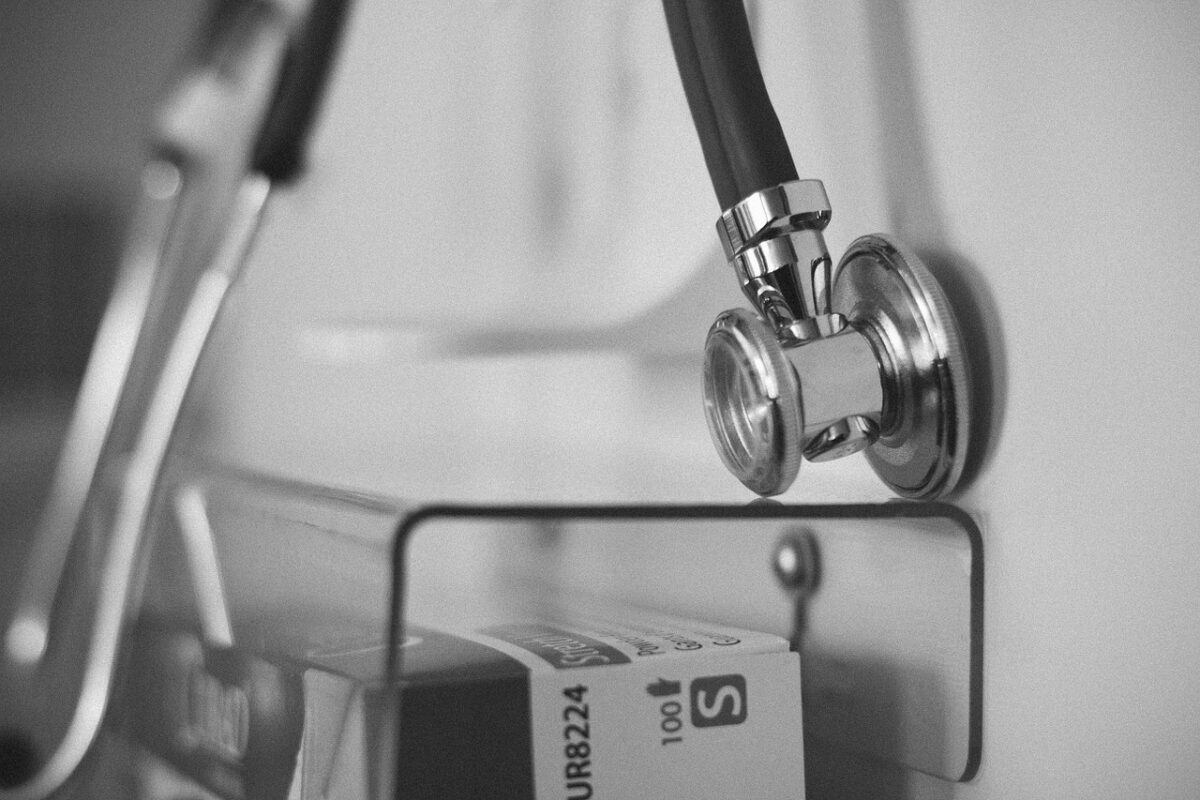There are many pieces of equipment and devices that clinics need to provide all-inclusive patient care. From diagnostic tools to medical supplies, clinics need to have the necessary devices to provide quality care. This blog post will discuss some of the most essential medical devices every clinic should have.
Tracheostomy equipment
One of the main devices every clinic should have is tracheostomy equipment. This type of equipment is essential for patients who require a breathing tube. Tracheostomy supplies are available in various sizes to fit all patients but are mainly available in two sizes: small and large. The smaller size will most likely fit most pediatric patients, while the larger size is designed for adults. Clinics should have both adult and pediatric sizes, as well as the necessary supplies to keep the tube in place. This will ensure that patients receive the best care possible and can breathe comfortably while being treated by doctors.
Vital sign monitors
Another essential medical device every clinic should have is a vital sign monitor. These devices are used to measure blood pressure, heart rate, respiratory rate, temperature, oxygen saturation levels, and more. The reason why these devices are so important for clinics is that they help to ensure that patients are healthy and stable. Clinics can use vital sign monitors to track a patient’s progress over time, as well as identify any potential problems early on. This will allow for more effective treatment and prevent any major health complications from developing.
Intravenous equipment and poles
Another essential device for clinics is intravenous equipment. This type of equipment is necessary for administering fluids and medications to patients. Intravenous equipment can help to make sure that patients are getting the proper amount of fluid and medication, which is essential for their overall health. Clinics should have both adult and pediatric sizes, as well as the necessary supplies to keep the line in place. Otherwise, patients may end up with serious complications if not medicated properly through IV.
In parallel to this, IV poles are also helpful for clinics because they help keep the area around the patient’s bed clean and organized. This makes it easier for nurses to monitor and care for the patient. Clinics should have a variety of different-sized IV poles, as well as different types of stands so that they can best meet the needs of their patients. For instance, some clinics may need IV poles that can be folded up or taken apart when not in use.
Bedside Commode
A bedside commode is used to help patients get out of bed and onto the toilet without having to exert too much effort on their own. These devices are especially helpful for elderly patients, who may not be able to get up as easily and safely as younger people can do it. Clinics should have a variety of different-sized commodes, including those that sit on the floor or those with wheels so that they can be easily moved around. This will ensure that all patients have access to a bedside commode when they need it.
Wheelchairs
Another essential medical device every clinic should have is a wheelchair. Wheelchairs are designed to help patients get around easier and more comfortably. They come in all sizes, shapes, and colors, which means that they can match any decor in your clinic. Wheelchairs are also great for transporting patients who cannot walk and need assistance getting from one place to another within the facility. This can be especially helpful for patients who are recovering from surgery and need help getting around on their own. Just keep in mind that wheelchairs should always be used under supervision by staff members who know how to properly use them.
Oxygen tanks
One of the most important medical devices every clinic should have is an oxygen tank. These devices found on https://www.tollgas.com/minneapolis-oxygen-supply/ are used when a patient needs supplemental oxygen to breathe properly or if they’re suffering from a serious respiratory condition. An oxygen tank can be used in many situations and can help to provide oxygen for patients who are otherwise unable to breathe on their own. Clinics should have a variety of different sizes so that they’re always prepared with the right size tank for each patient’s needs.
These are just a few of the essential medical devices that every clinic should have. Medical devices such as these are essential for clinics because they help make sure that patients receive the best care possible and can breathe comfortably while being treated by doctors. By having these devices, clinics can provide all-inclusive patient care and ensure that their patients are healthy and stable.
